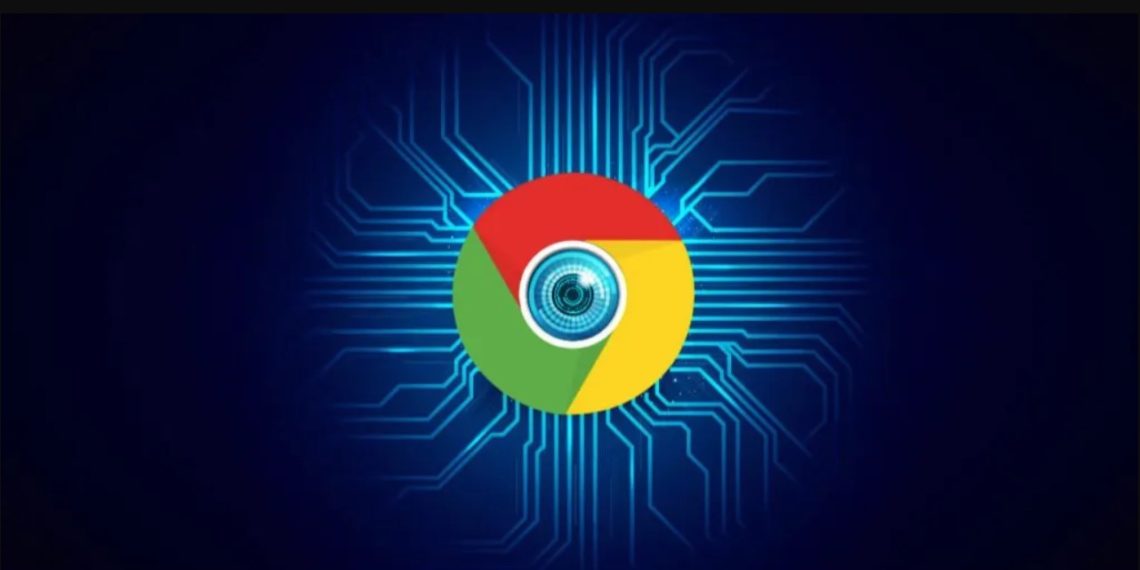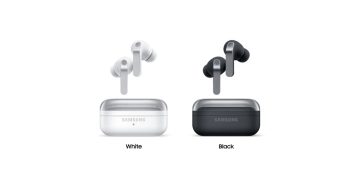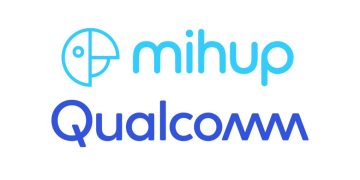Google Chrome, the leading browser in the market, is constantly evolving to provide a smarter and more secure browsing experience. One of its latest features, WebGPU integration, introduced in the Chrome 113 update, aims to enhance web performance and user security.
However, the benefits of WebGPU go beyond these aspects, as it is set to significantly reduce the load on data centers in the near future.
The Power of WebGPU
Recent rumors suggest that Google Chrome’s WebGPU integration will play a more prominent role going forward. An upcoming feature, expected to be unveiled at the Google I/O 2023 event, will enable WebGPU to be leveraged for a wider range of artificial intelligence (AI) tasks.
This demonstration will showcase WebGPU’s ability to convert a text prompt into an image, demonstrating its processing capabilities. Utilizing WebGPU for AI tasks offers numerous advantages, including uninterrupted performance without relying on network connectivity and increased control over sensitive data.
Enhancing Security and Efficiency
Companies like Samsung, which recently prohibited its employees from using generative AI chatbots due to a security breach, can greatly benefit from local AI processing with WebGPU. By running AI tasks locally, businesses can ensure improved security and privacy while harnessing the power of AI tools.
The integration of WebGPU in Google Chrome represents a significant advancement in web performance, data center efficiency, and AI application security.
Towards a Unified Web Experience
In an effort to promote cross-browser compatibility and streamline web development, Google is collaborating with Mozilla’s Firefox, Apple’s Safari, and Microsoft’s Edge on a project called Baseline.
This joint initiative aims to establish a set of standardized features that web developers can rely on across all these browsers. By enhancing cross-browser compatibility, Baseline simplifies web development processes and ensures a seamless user experience across different platforms.
As browser technology continues to evolve, the integration of WebGPU and the ongoing efforts towards cross-browser compatibility will shape a more secure, efficient, and unified online environment. Google Chrome’s commitment to advancing web performance, data center efficiency, and AI security reinforce its position as a leading browser, setting the standard for the future of web browsing.












































































































































































